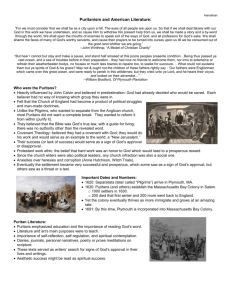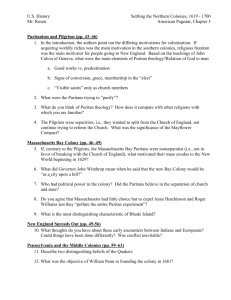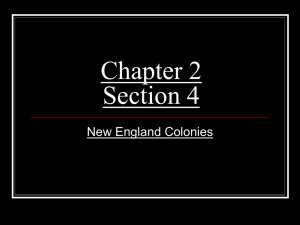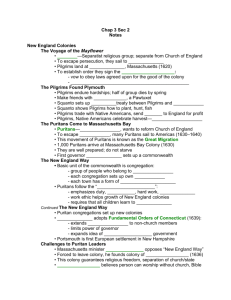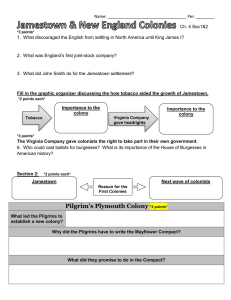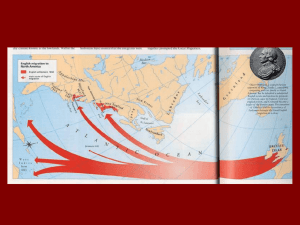Cultural Revolutions
advertisement
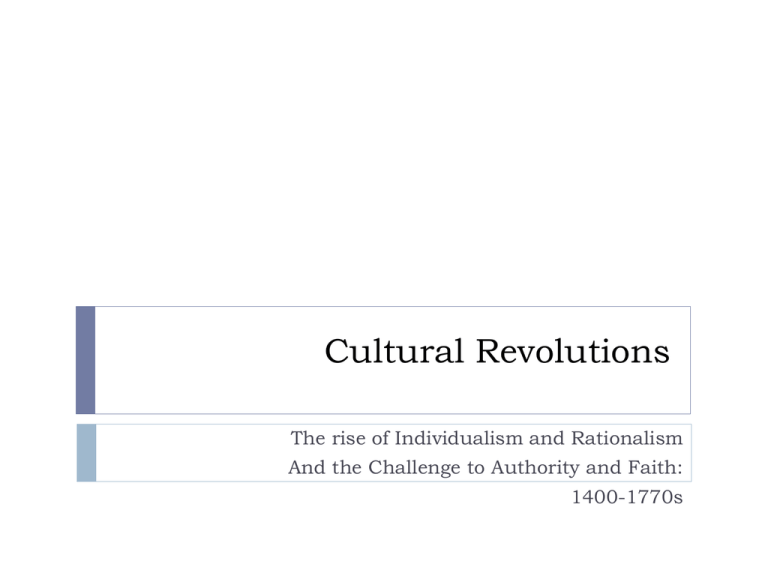
Cultural Revolutions The rise of Individualism and Rationalism And the Challenge to Authority and Faith: 1400-1770s The Renaissance and The Reformation 1450-1648: humanism and individualism undermine scholasticism The Renaissance period brought new ways of thinking to Europe. Classical writings of Greece and Rome rediscovered by scholars Focus starts to shift from religion to importance of people and human values Advances in math and astronomy. Johannes Gutenberg invents printing press: allowed thousands to read same books, share ideas. Printing press helped spread ideas of the Reformation during the 16th century. Martin Luther protested the practices of the Catholic Church in 1517 leading to a religious reform movement called the Protestant Reformation. Conflict between Catholics and Protestants in Europe often led to civil war. England (protestant) challenged Spain (Catholic, leader of CounterReformation) in Americas. Long-term impact of Reformation: 1. increasing emphasis on individual conscience rather than institutional authority of church, 2. began the process of religious sectarianism, or, the splintering of est. churches into a variety of different denominations (continues today). The Pilgrims and Puritans came to America to avoid religious persecution (see pp 78-80 RCQ p 80) Puritans wanted to purify, or reform, the Anglican Church. Pilgrims wanted to separate from Anglican Church. Some pilgrims left England to escape persecution. They became immigrants, people who leave the country of their birth to live in another country. Plymouth Colony f. 1620 by Pilgrims Many thousands of Puritans left England in Great Migration form 1630-1640; Est. Massachusetts Bay Colony Conflicts between religious freedom and religious toleration (see pp 81-83, 1st RCQ p 83). Massachusetts Bay Theocracy Dissenters Thomas Hooker founded more democratic Connecticut Roger Williams founded Rhode Island, supported Church State Separation Catholic Dissent from Church of England (see Maryland p 75 English Catholics found Maryland, 1634 Maryland: Toleration Act, 1649 William Penn, wealthy Quaker, established the colony of Pennsylvania, 1681. Society of Friends, or Quakers, was one of largest religious groups in New Jersey. Quakers, who supported nonviolence and religious tolerance, were persecuted. William Penn founded Pennsylvania, a larger colony for Quakers that provided a safe home. Penn limited his power, est. elected assembly, and tolerated all Christian sects. See p 86 R.C.Q. The Great Awakening and the Enlightenment led to ideas of political equality (see pp 94-95, RCQ p 95) Enlightenment Great Awakening Religious leaders wanted to spread religious feelings. The Great Awakening —a religious movement that swept the colonies in the 1730s and 1740s— changed religion. Revivals became popular places to talk about political and social issues. Movement in 1700s that spread the idea that reason could improve society Also formed ideas on how government should work, Social Contract, see p 95 Philosophers said that people had natural rights These ideas Influenced colonial leaders
